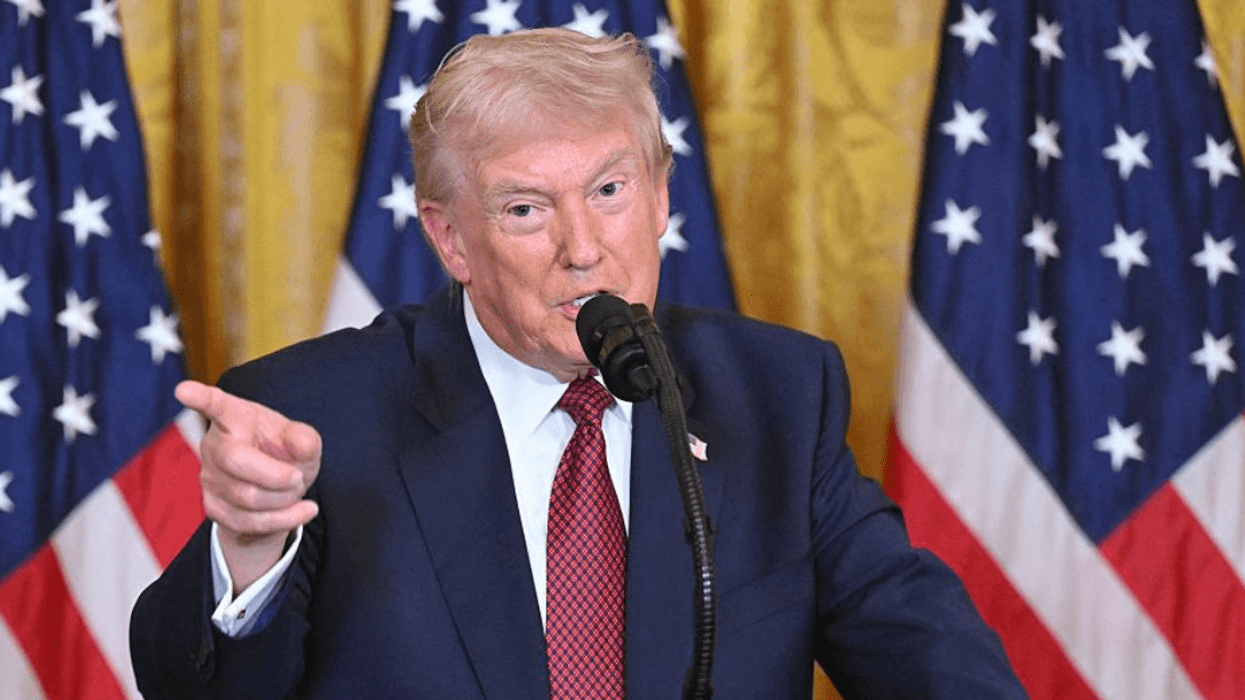Article II of the United States Constitution establishes the executive branch of the federal government. It also outlines the duties, responsibilities and powers of the president.
One of those powers is to pardon those who commit crimes against the United States. President Donald Trump has issued 5 pardons since assuming office in January 2017, but those few still drew some criticism for their motivation.
But on Sunday, the head of the president's personal legal team, Rudy Giuliani, talked about a pardon he claims Trump could issue that would do more than raise a few eyebrows. Lawyer and spokesman Giuliani stated Trump could pardon himself.
On Monday, Trump repeated his lawyer's statement on Twitter.
But veteran Republican Senator Chuck Grassley offered some sound legal advice of his own for the president:
If I were President of the United States and I had a lawyer that told me I could pardon myself, I think I would hire a new lawyer."
Grassley serves as a senator for the state of Iowa, a position he has held since first being elected in 1980. The almost 40 year veteran of federal politics knows a little about constitutional law; he has chaired the Senate Judiciary Committee since 2015.
Grassley also likely remembers the Watergate scandal involving President Richard Nixon. The precedent set there is something Trump's legal scholars and Giuliani seem to have either forgotten or missed.
A presidential pardon of Richard Nixon (Proclamation 4311) was issued on September 8, 1974, by his successor, President Gerald Ford. If presidential pardons extended to pardoning one self, why didn't Nixon do it?
Several people on Twitter also offered the president some free legal advice.
Is Giuliani unaware of the legal precedents or is he just repeating a deliberate untruth again, as he was previously accused of doing by Fox News legal analyst, former New Jersey Superior Court judge Andrew Napolitano?
It's unclear whether this is another misinformation ploy, like Napolitano claimed, by Trump and Giuliani or a misunderstanding of constitutional law, but Twitter users certainly have taken notice.



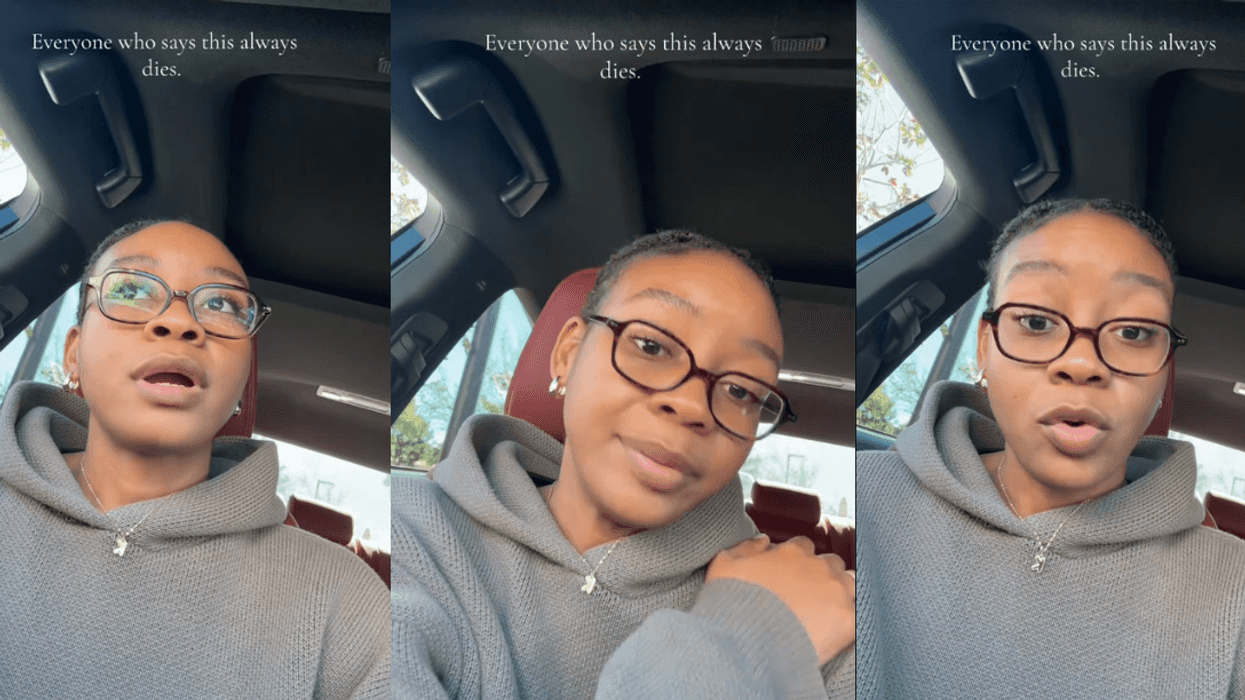
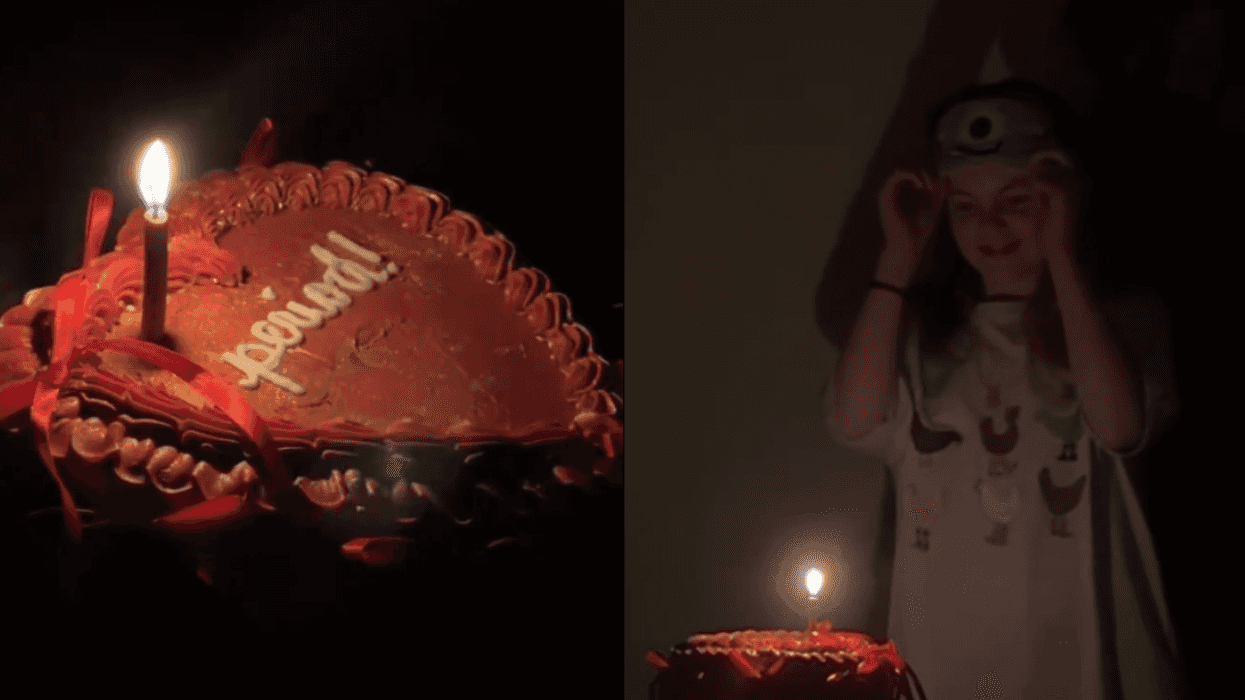
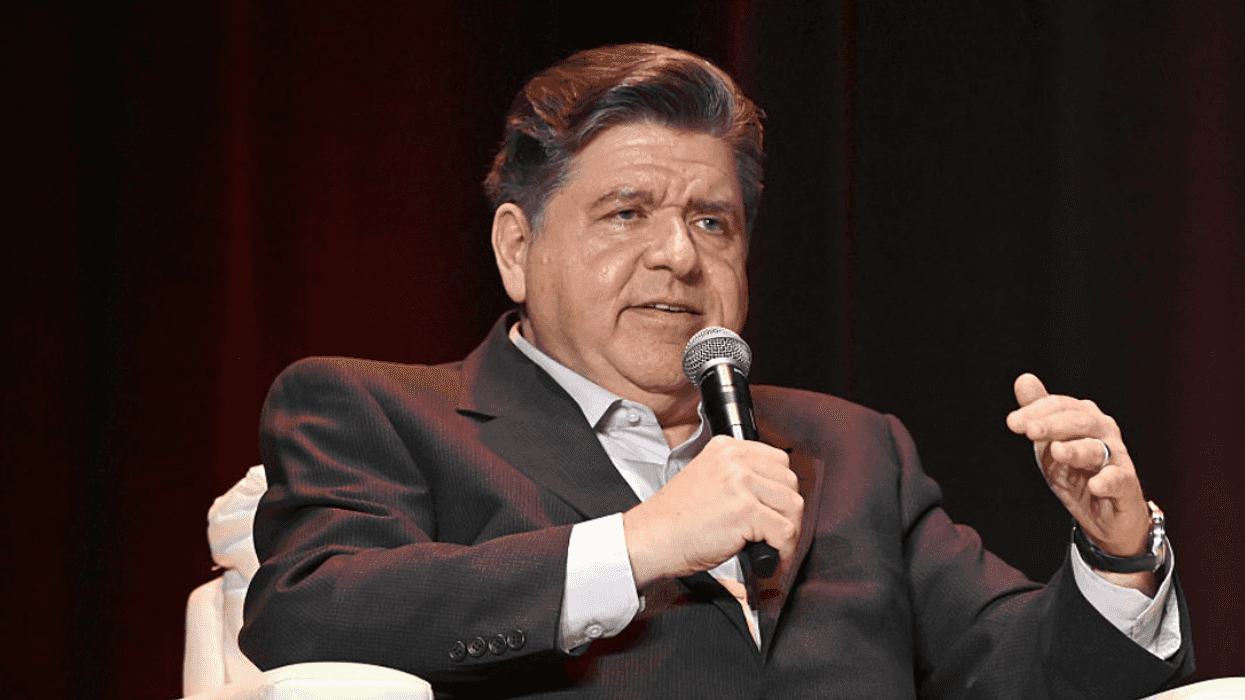

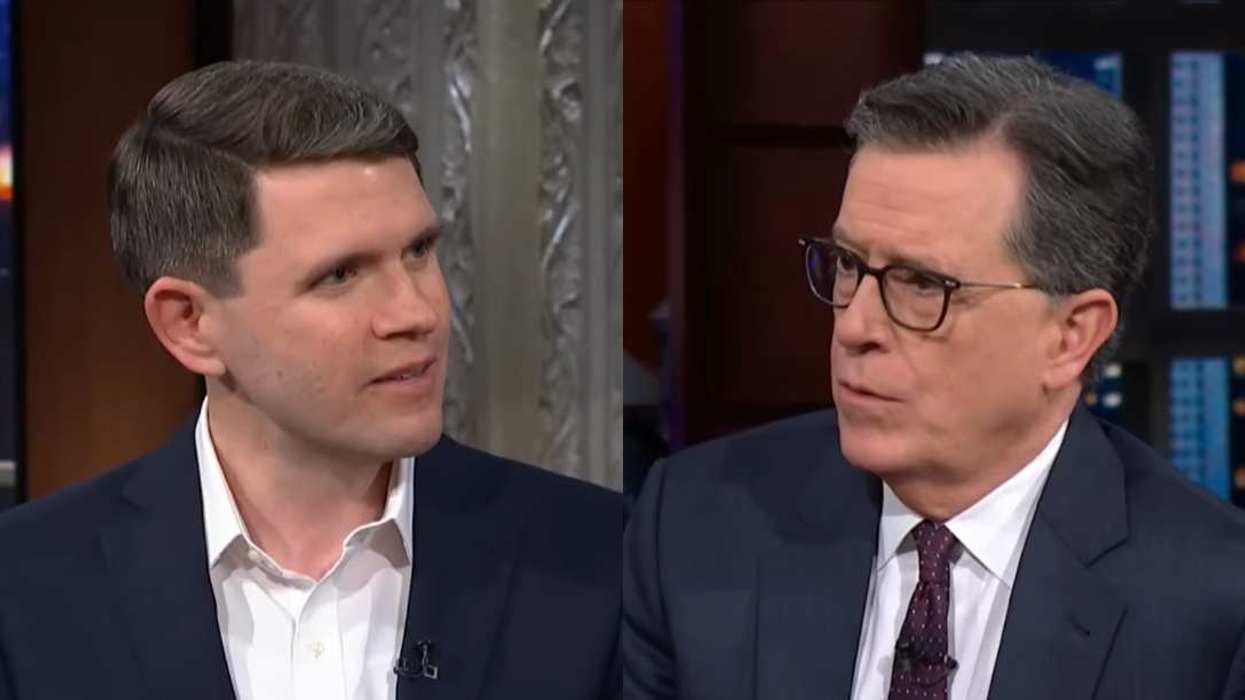



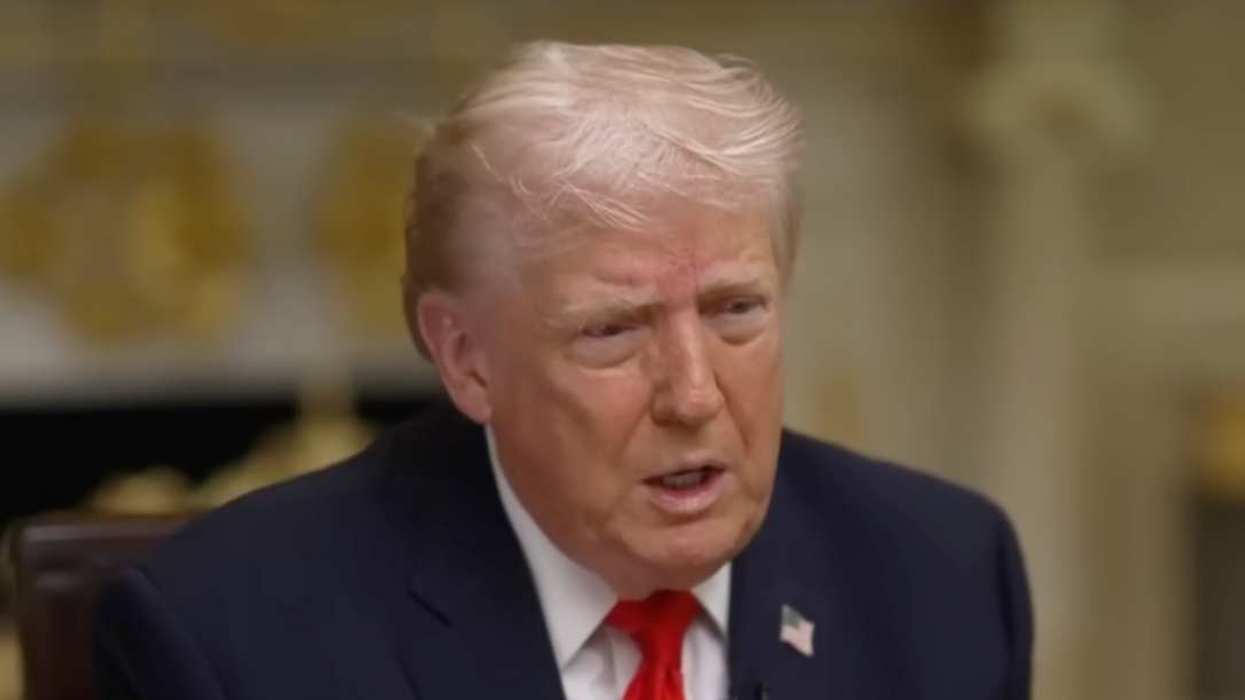

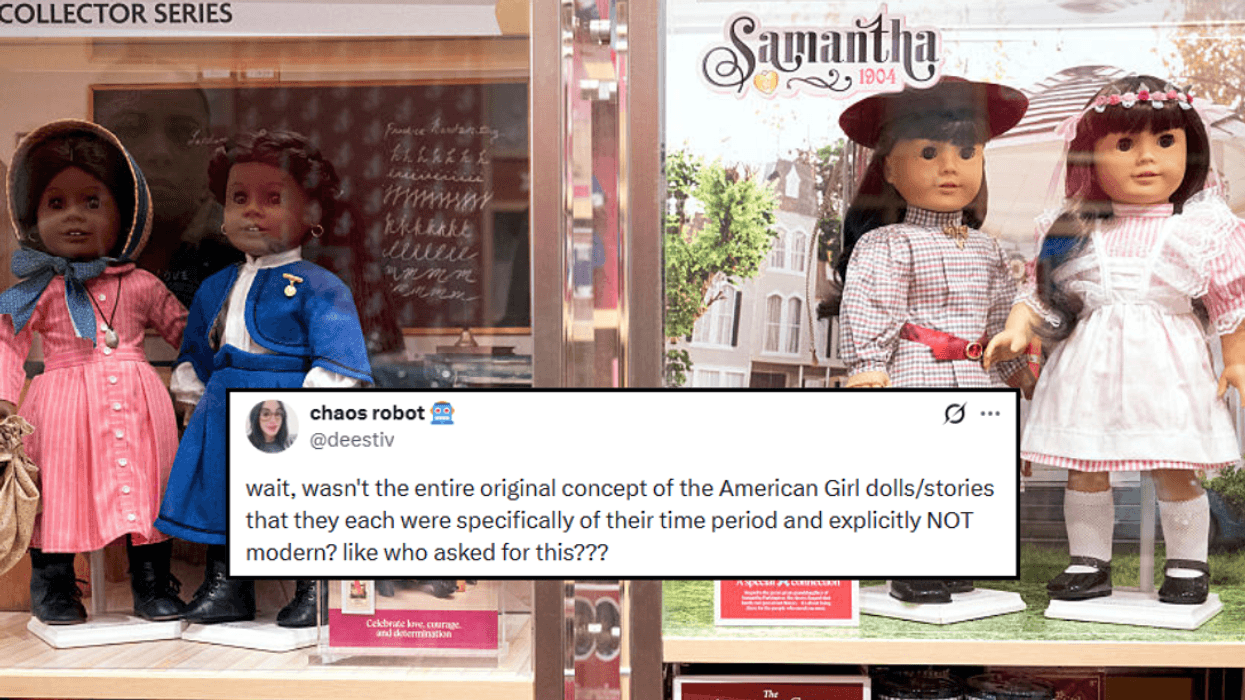
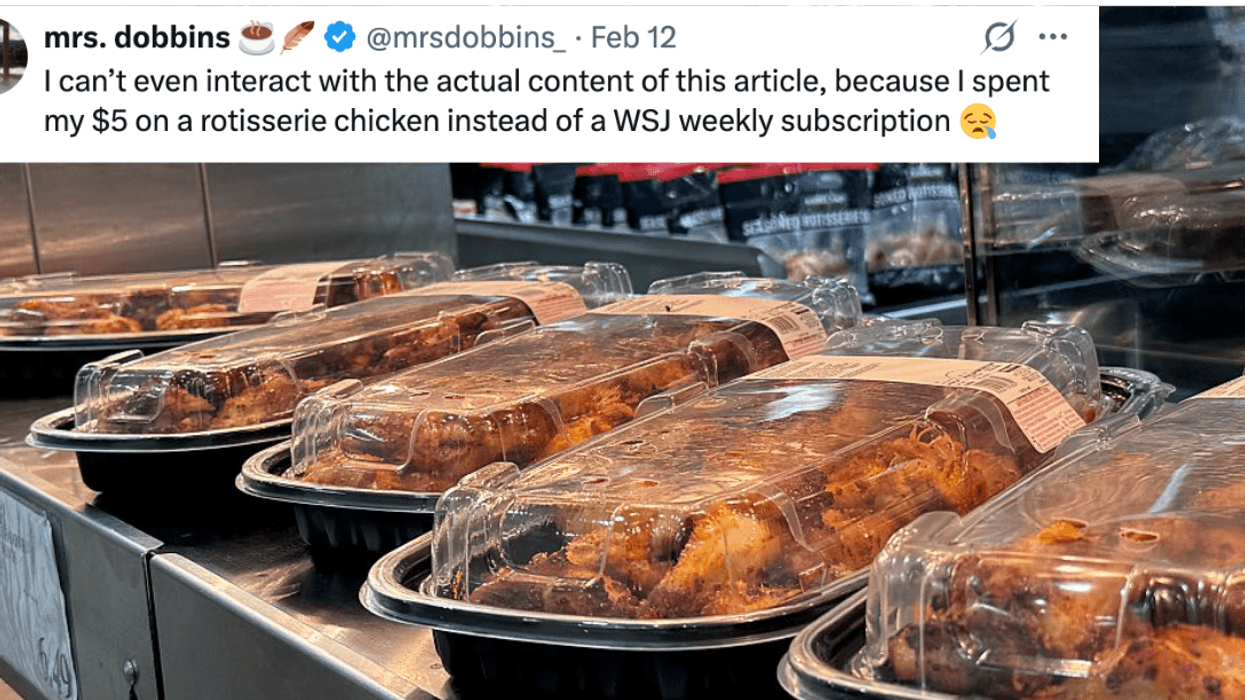

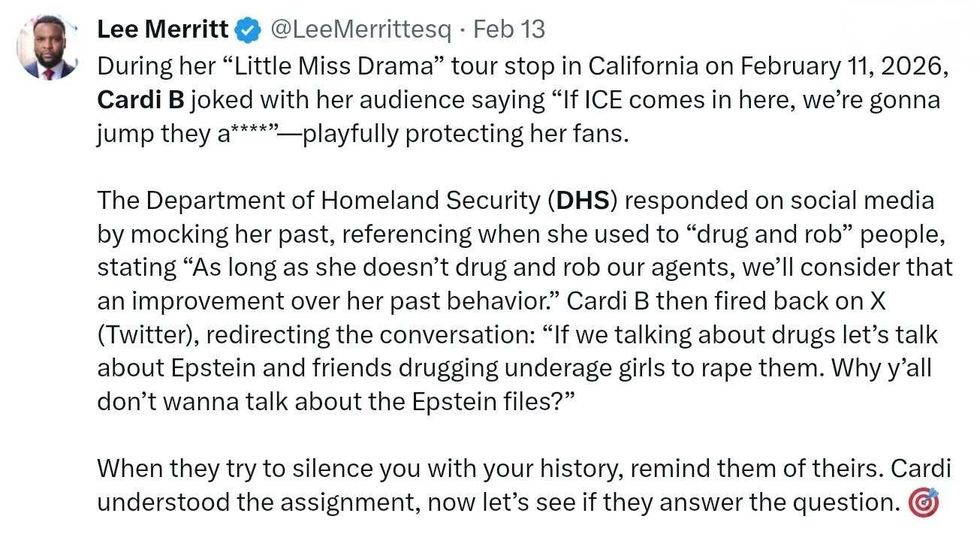 @LeeMerrittesq/X
@LeeMerrittesq/X @bob_moss/X
@bob_moss/X @jelanijones/Bluesky
@jelanijones/Bluesky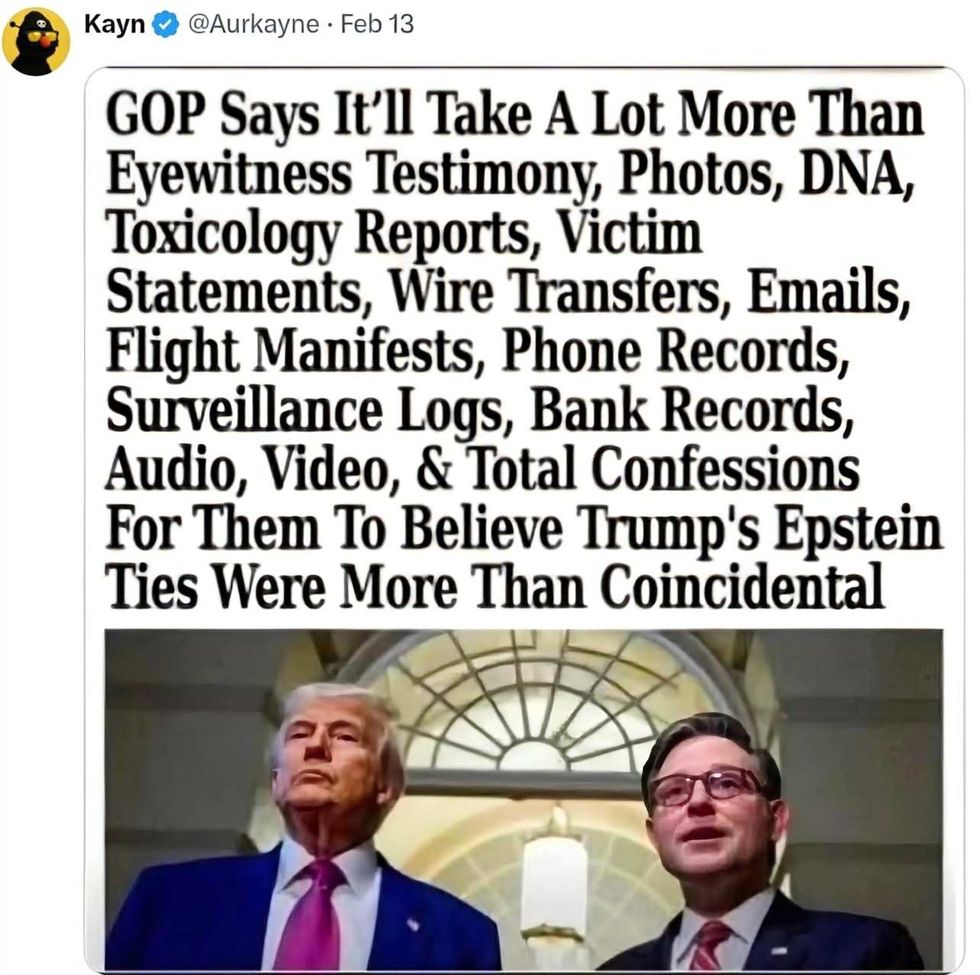 @Aurkayne/X
@Aurkayne/X @sadcommunistdog; @froglok/Bluesky
@sadcommunistdog; @froglok/Bluesky